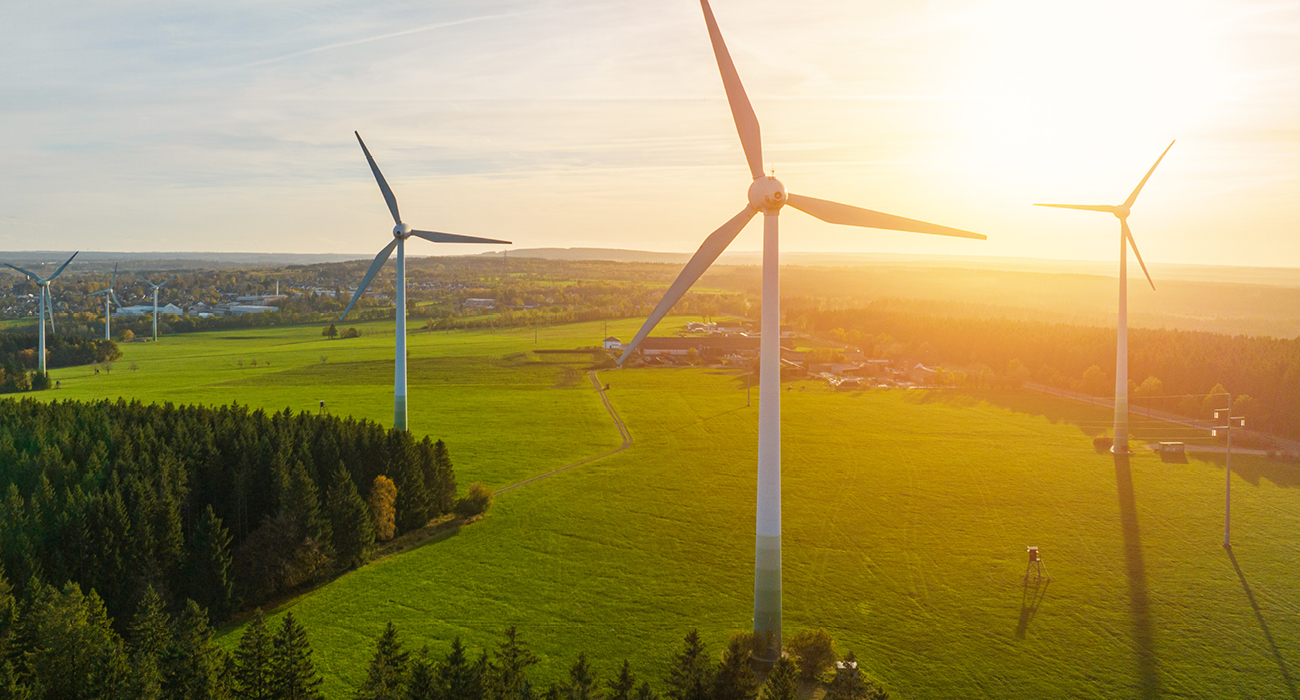I probably don’t need to tell you that renewable power is becoming a hot commodity.
And not just because Keir Starmer’s new government has big ambitions to substantially increase the UK’s volume of zero-carbon energy by 2030.
Business is also driving demand, with many organisations committing to ‘greening’ their operations to meet environmental pledges, deliver on consumer expectations and fulfil net zero targets.
And in response, we’re seeing new and more direct ways of both selling and buying renewable power emerge. I’m talking about the Corporate Power Purchase Agreement (CPPA) market.
For a long time, it’s only been the biggest players – the Googles, Amazons and Tata Steels of this world – that have been actively seeking out CPPAs.
Most organisations have been content with procuring renewable supply via a green energy tariff. But what’s becoming apparent is that this is not always as credible as consumers might hope, leaving some companies on the receiving end of ‘green washing’ claims.
At the mercy of the REGO rollercoaster
A more robust way to buy green energy is from a tariff that directly bundles renewable supply with ‘evidence’ of its generation in the form of Renewable Energy Guarantees of Origin (REGO) certificates.
But this incurs additional expense, as REGOs are sold separately. And the cost of REGOs has been hugely volatile – for example, selling at around 30p/MWh back in March 2021, soaring to £25/MWh in October 2023 before falling back, trading around £10-12/MWh as of summer 2024.
As a result, many large organisations have been looking for green energy at a more predictable long-term rate. And at the same time, to buy in a way that guarantees environmental credibility.
For example, by adopting the principals (without necessarily joining) of organisations such as RE100, which sets out an acclaimed protocol for businesses who want to commit to 100% renewable energy.
Corporate PPA market booming
So it’s perhaps not surprising that the CPPA market has seen huge growth, from around 6.5 GW in 2017 to 25.6 GW in 2020, and ramping up 46GW last year (2023).*
Certainly, we’ve seen a lot more interest from consumers approaching us looking for CPPA partnerships from our independent generator clients. And vice versa, with generators also looking for direct relationships with npower Business Solutions (nBS) supply customers to sell their volume too.
The advantage is greater predictability on both sides – with a rate agreed for the longer term – typically seven years minimum, but potentially 20 years or more – which supports price certainty in a volatile market.
Supporting ‘additional’ generation
A CPPA also provides more energy security for the business consuming – and security of income for the generator too, which makes their investment viable and helps develop more sources of renewable generation.
This last point is key, as rather than just buying power that’s already being generated, a CPPA can provide an investment case for new projects that wouldn’t otherwise have been built.
Of course, this requires a wait before the renewable assets are up and running. But it ultimately boosts the volume of renewable power being generated in the UK.
Minimum volume 5GW
In terms of volumes, it’s important to manage expectations on both sides. We wouldn’t normally arrange a CPPA for less than 5GW of generation, and typically 20GW or more.
Technology is another key factor to consider, as different generation assets – solar, wind, biomass, even hydro – will provide different baseload volumes, and at different times.
For example, a solar CPPA is unlikely to suit a business looking to support consumption during peak winter periods.
So lots to consider. But if you’re ready to take the next step, as a generator or a consumer, do get in touch.
*Source: Bloomberg NEF, February 2024
/npm214%20Digital_H_UB106.jpg)
/npm214%20Digital_H_UB15.jpg)
/npm214%20Digital_H_UB102.jpg)

/npm214%20Digital_H_UB121.jpg)


/npm214%20Digital_H_UB127.jpg)
/npm214%20Digital_H_UB89.jpg)

/Author%20Profile%20Stephens_Michelle_G-1.png)
